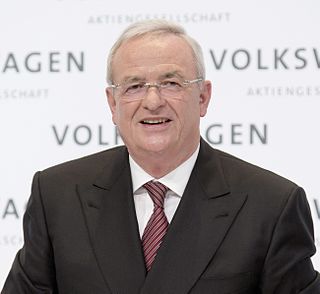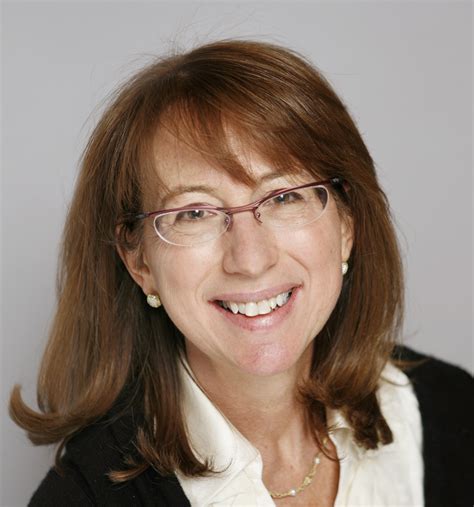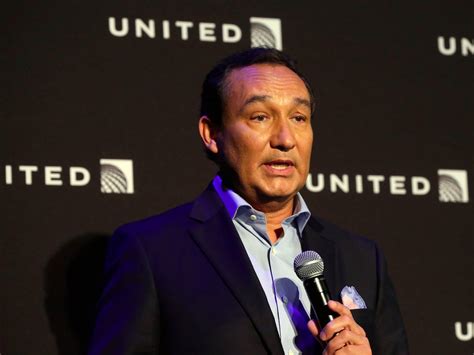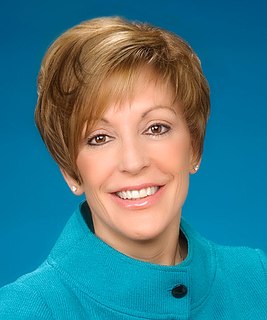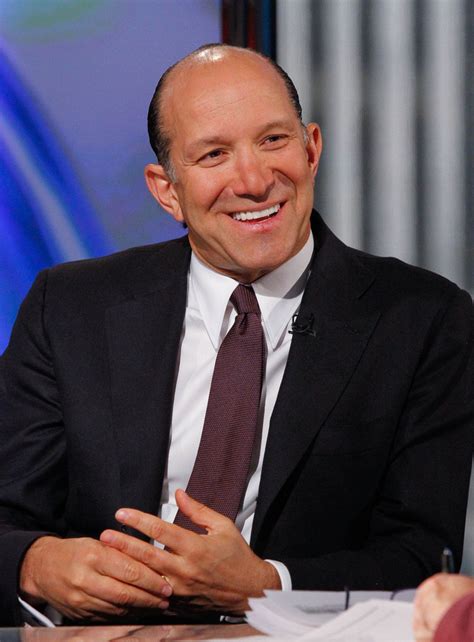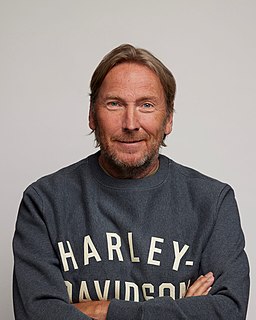A Quote by Howard Schultz
I'm in a different position than most CEO's. I'm a founder. I'm not a hired CEO. Now, I can be fired by the board, but most CEO's are hired by the board.
Related Quotes
You don't think, when you start a company as the founding CEO, that if your venture actually works, you end up with three jobs: founder, CEO, and chair of the board. The first eight years at Bonobos, I have learned a lot about the tension between the first two. It didn't even occur to me that I had the third job until much later.
I was an executive running a pretty substantial group before becoming CEO, and I had no idea what it was like. When something goes wrong, people say, 'It's all your fault.' Your reaction is, 'It's not my fault.' But what do you mean? I was the founder, I hired everybody in the company, I was managing it.
The thing that's confusing for investors is that founders don't know how to be CEO. I didn't know how to do the job when I was a CEO. Founder CEOs don't know how to be CEOs, but it doesn't mean they can't learn. The question is... can the founder learn that job and can they tolerate all mistakes they will make doing it?

